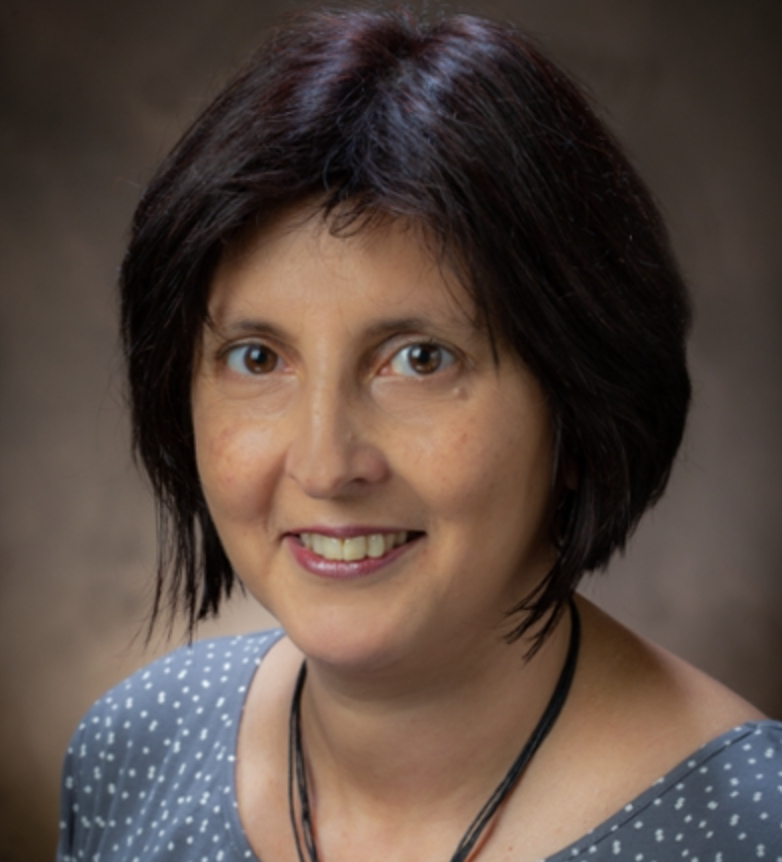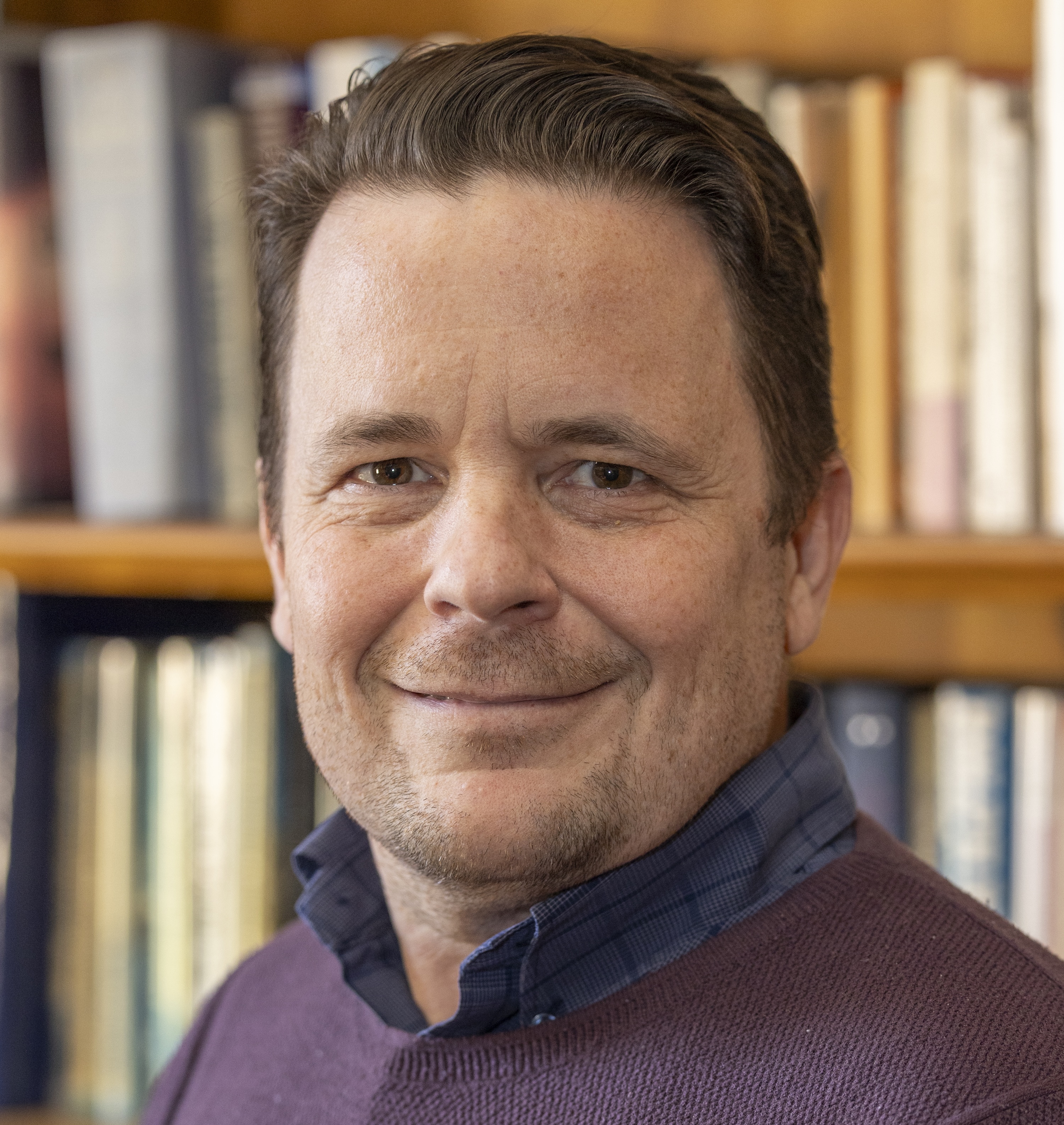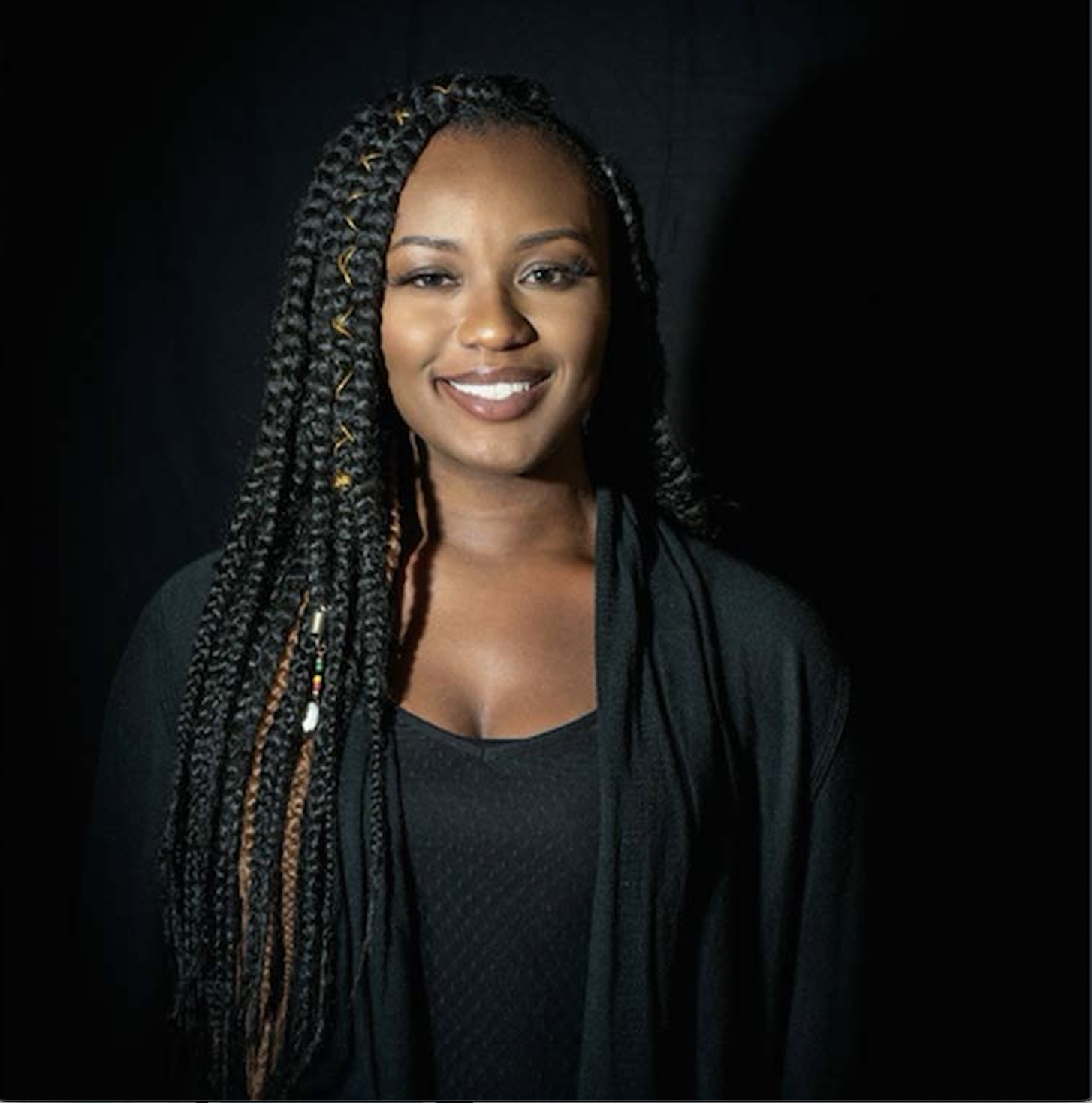Our largest offering, the John W. Altman Program, is a yearlong, themed inquiry program that includes a bi-weekly faculty seminar, a series of ten distinguished lectures, an undergraduate fellows program, team-taught seminars, and links to dozens of other courses. Each year, the program brings together ten faculty members, eight student fellows, and ten visiting speakers. Its public events draw 2,000-3,000 people. Recent topics have included: The Midwest, Race & Racism, Migrations, Time & Temporality, Truth & Lies, Urban Futures, Medicine & the Humanities, and the Anthropocene. Popular with faculty, students, and administrators, the Altman Program offers intellectual community and showcases the relevance of humanities scholarship to matters of social consequence. A 2015 external review of the Center said “the Altman Program is one of the best imagined, designed and run such initiatives at any university in the world.”
The Humanities Center cuts across disciplinary boundaries to support innovative inquiry as soon as it begins. The center coordinates numerous research clusters in which faculty share new work, get valuable feedback, and meet with leading scholars. Over the years these groups have included the Early Modern Collective, the American Cultures Seminar, the Visual Literacy Working Group, Political Economy, Environmental Humanities, Possible Futures for Minority Studies, 21st Century Poetics, Gender, Science and Technology, Medical Humanities, and more.
The Humanities Center also launches initiatives designed to enhance its own services and the liberal arts at Miami. Major initiatives have including a six-member Digital Humanities Working Group, a two-year, twenty-member Valuing the Humanities Project, Laptop Lectures, Humanities Futures, and HumanitiesWorks, an award-winning four-year career services project.
Long viewed as a “public ivy,” Miami University places exceptional emphasis on engaged undergraduate learning, liberal arts training, and the integration of teaching and research among faculty and students. In concert with this mission, the Humanities Center seeks to be a leader in rethinking the place of the humanities in the twenty-first century university. Our emphasis on public humanities and cross-disciplinary research is inseparable from our aspiration to be an engine of curricular innovation and humanities programming at the undergraduate level.
The Center has launched a new minor in medical humanities, a humanities career initiative, and numerous programs to improve the quality, quantity, and public impact of undergraduate research and creative projects.
The director and associate director of the Center are appointed by the dean and share responsibility for planning, academic programming, financial oversight, fundraising, and public outreach.
The steering committee advises the director on matters of funding, selection of the Altman program and its participants, annual financial planning, fundraising, and other aspects of governance. The Steering Committee consists of all current-year Altman Faculty Fellows; three at-large elected members, all from different departments or programs, who serve staggered, three-year terms; the director; the associate director; the past director for one year after the completion of service; and an ex-officio representative from the Dean’s office.
Faculty associates are the faculty community that constitutes the Humanities Center. All Miami University faculty members (including temporary, visiting, and part-time faculty) with interests in humanities scholarship are members by default.
The Center associates form the wider scholarly community of the Humanities Center. They may include students, other members of the university community, and local or regional scholars interested in an association with the Center.
All events sponsored by the Humanities Center are free and open to the public.

Ron Becker, Professor of Media and Communication in the Department of Media, Journalism & Film and Acting Director for the Humanities Center, studies the relationships among media (especially television), culture, and the politics of sexual identity. He is the author of Gay TV and Straight America (Rutgers 2006) and co-author of Media and Culture: Mass Communication in a Digital Age (Bedford 2025). His essays have appeared in TheTelevision Studies Reader, The Historical Journal of Film, Radio, and Television, and The Craft of Media Criticism. His current project examines the growing influence of multicultural empowerment narratives in U.S. media culture.

Timothy Melley is Professor of English and Geoffrion Family Director of the Miami University Humanities Center. He is the author of Empire of Conspiracy: The Culture of Paranoia in Postwar America (Cornell 2000), The Covert Sphere: Secrecy, Fiction, and the National Security State (Cornell 2012), as well as numerous essays His short stories have appeared in Story Quarterly, Threepenny Review, The Sun, Columbia, Mississippi Review, and Epoch. They have also aired on Public Radio International’s “This American Life” and received mention in The Best American Stories. He is the recipient of the Benjamin Harrison medallion and four teaching awards, including Miami's university-wide teaching prize, the E. Philip Knox Award. He is currently writing about the cultural politics of security.
Tim Melley is on leave the academic year of 2025-2026.

Carolyn Hardin is associate professor of Media & Communication at Miami University in Ohio. She holds a Ph.D. in communication and cultural studies from the University of North Carolina at Chapel Hill. Her research centers on intersections of culture, economy, and technology in such contexts as the financial crisis, retirement investing, consumer debt, mobile payment technologies, political rhetoric, and television fandom. Carolyn teaches courses on media and technology, consumer culture, and American culture. Her work has been published in American Quarterly, Cultural Studies, and Convergence. Her book on the financial crisis, entitled Capturing Finance: Arbitrage and Social Domination, was published by Duke University Press in 2021.

Stephanie Marlow holds a BA in English Literature and Creative Writing from Miami University (2016). She rejoined the Miami community in October 2022 as a member of the Humanities Center team and is thrilled to be back at her alma mater. Outside of work, Stephanie enjoys a vibrant life surrounded by her many animals. She spends her free time immersed in reading, writing, and playing Dungeons & Dragons. Her favorite topics of conversation include tabletop RPGs, the works of Cassandra Clare, and stories about her beloved pets. Stephanie will be starting her Masters degree in Student Affairs in Higher Education in Fall 2025.

Lauren van Atta is a second-year doctoral student in English specializing in early modern drama and queer theory. She earned her B.A. from the University of Dayton and her M.A. from Lehigh University. She is currently writing about bodies, reproduction, and queer identity in the writing of early modern authors.

Cody Norris is a doctoral candidate in English specializing in dramatic literature, performance studies, and literature of the American South. His research focuses on tourism in the South—specifically in Charleston, South Carolina—as an epistemological site, analyzing how the landscape, local people and customs, culinary experiences, and theatres are rich with performative possibilities when considering the position of the tourist.
.jpg)
Nicholas Rentschler is a first-year student at Miami University, pursuing a degree in Political Science with a possible co-major in business. He also works a secondary job as an Event Service Specialist at Armstrong Student Center. He loves spending his time among his acappella group, 'The Cheezies', and further honing his skills as a photographer and editor in his day-to-day life.

Mila Ganeva is Professor of German and faculty affiliate to Film Studies, Jewish Studies, and the Havighurst Center for Russian and Post-Soviet Studies. She teaches a wide array of course in German language, literature, and film and is the author of Women in Weimar Fashion: Discourses and Displays in German Culture, 1918-1933 (Camden House, 2008), Film and Fashion Amidst the Ruins of Berlin: Between Nazism and Cold War, 1939-1953 (Camden House, 2018), and edited a volume of collected articles by Helen Hessel: Ich schreibe aus Paris. Über die Mode, das Leben und die Liebe (Nimbus, 2014). She has published numerous articles on fashion journalism, fashion photography, film history, early German film comedies, and Berlin in literature and film.

Elisabeth Hodges is Professor of French and Interim Chair of English. Her research focuses on the intersections between literature, cinema, and the arts and how different media forms shape representations of human experience. She is the author of Urban Poetics in the French Renaissance (Ashgate, 2008), numerous articles on Renaissance literature, and, more recently, she has published essays on oceanic feeling in Mati Diop’s Atlantics and on stillness in Alice Diop’s Saint Omer. Her essays have appeared in French Forum, French Screen Studies, and Contemporary French and Francophone Studies. She is currently completing a book manuscript, which investigates the concept of drift as an emerging aesthetic and also a condition of contemporary media and film.

Erik Jensen, Associate Professor of History, studies modern German and European history, with a particular focus on the society, culture, and politics of the interwar period. His first book traced the emergence of a physical self that subjects came to feel should be constructed in a certain fashion. His current research project explores the complicated choices made by a half-Jewish German woman who survived the Nazi regime in part by participating in morale-building missions on the German frontlines, with the attendant concealment, subterfuge, and invented pasts that such a survival strategy necessitated.

Hongmei Li is Professor of Strategic Communication. She studies global communication, advertising, and public relations, with a focus on Chinese media, Asian American communities, and health communication. Her work has appeared in Communication Theory, Public Relations Review, Health Communication, Journal of International & Intercultural Communication, and International Journal of Communication, among others. She is the author of Advertising and Consumer Culture in China (Polity, 2016). She is currently co-editing a book titled "US-China Power Play" and leading a project funded by the National Historical Publications & Records Commission to document and digitize Asian American histories in Ohio.

Andrew Offenburger is Associate Professor of History. A specialist in the history of frontiers and borders, he authored Frontiers in the Gilded Age (Yale, 2019), edited The Aimless Life (Nebraska, 2021), and founded the academic journal Safundi. He is co-editor, with Patricia Nelson Limerick, of the anthology Translating Past to Present: Interpreters in the American West and Beyond (Nebraska, 2025). His current research addresses the history of American road trips and the Midwest's global connections.

Jazma Sutton is Assistant Professor of History. She studies the histories of slavery and freedom in the United States with a particular interest in African American women’s history and the Midwest. She is currently working on a book project that chronicles the lived experiences of Black women—free, enslaved, and self-liberated—who chose (or were forced) to leave the South and pursue freedom in the early Black settlements of Indiana.